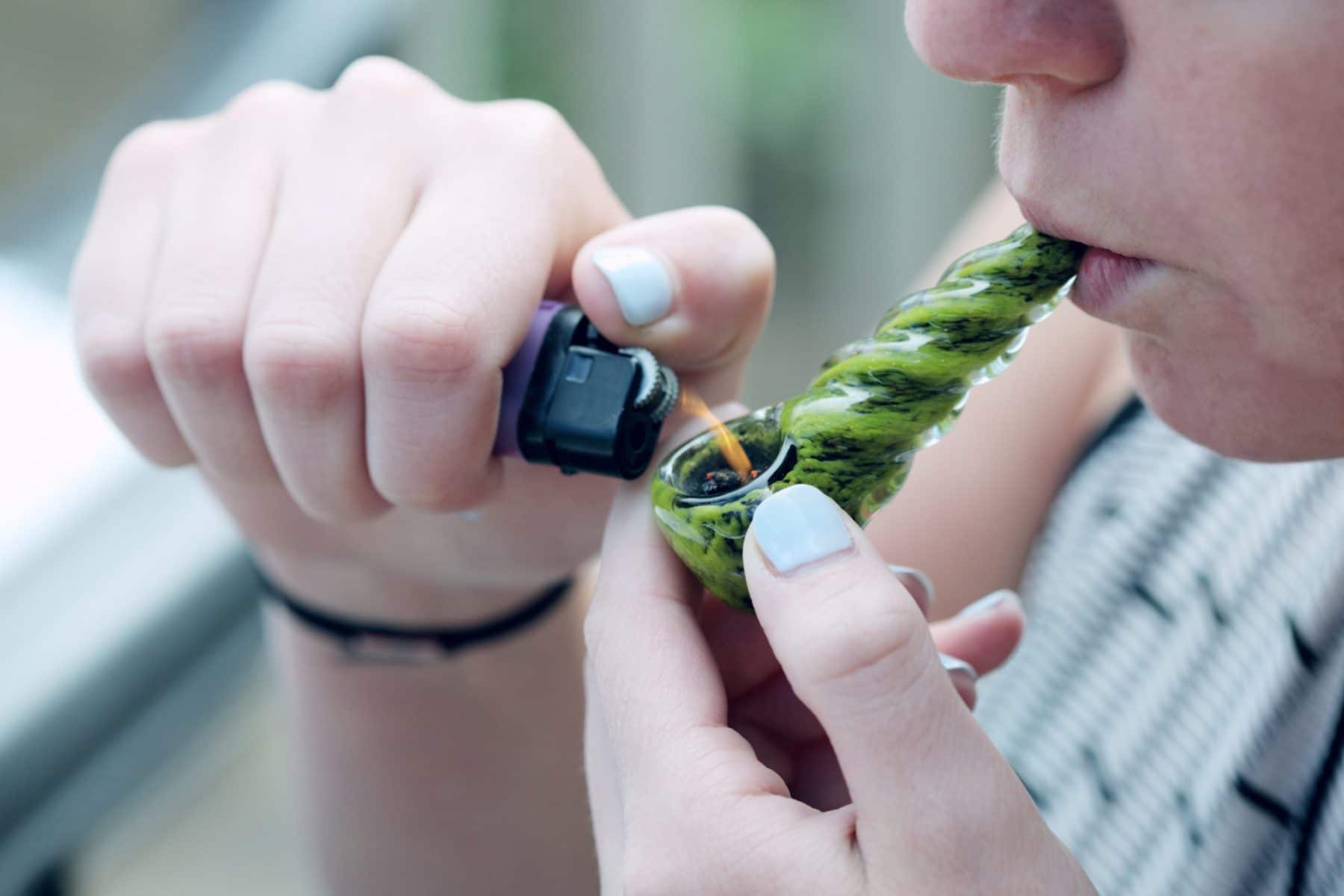As more and more prohibitionist cannabis policies are reversed in North America, a long-peddled, if long-debunked, perception that weed is a “gateway drug” to other substances is increasingly being challenged. More than that, a growing body of evidence indicates that it can be an “exit drug.”
Research suggests that cannabis can serve as an “exit drug” for substances ranging from opioids to benzodiazopines, tobacco and alcohol. A recent study in Harm Reduction Journal surveyed 2,000 respondents on the impact of their cannabis use on their use of other substances. The respondents were all registered with a federally licensed medical cannabis provider in Canada, which recently legalized recreational use and has offered medical cannabis for two decades.
Participants most commonly—at nearly 70 percent—substituted cannabis for prescription drugs. These medications include antidepressants as well as opioids; opioids accounted for 35 percent of prescription substitutions. And of those participants who substituted cannabis for opioids, 59 percent totally ceased their prescribed opioid use. (Medical cannabis policy has also been found to lower prescribed opioid use, according to a JAMA Internal Medicine study.)
Additionally, some participants reported “exiting” alcohol (45 percent) and tobacco use (30 percent).
A number of studies, including two published just last month, have also found that cannabis can impact a person’s use of benzodiazepines. One found that 45 percent of participants ceased their benzo use by the end of the study period; the other saw 22 percent of participants substituting weed for benzos.
These findings challenge a longstanding misconception.
“There is compelling and enduring evidence that marijuana is not a gateway drug,” write researchers at the Benjamin Center for Public Policy Initiatives at SUNY New Paltz. “Yet, non-evidence-based political factors on both the left and the right remain the reason for the persistence of the gateway myth.”
The Federal Bureau of Narcotics spawned the theory in the 1960s, and it was heavily utilzed to justify an escalating drug war in the decades that followed.
Photo by Sharon McCutcheon on Unsplash





Show Comments